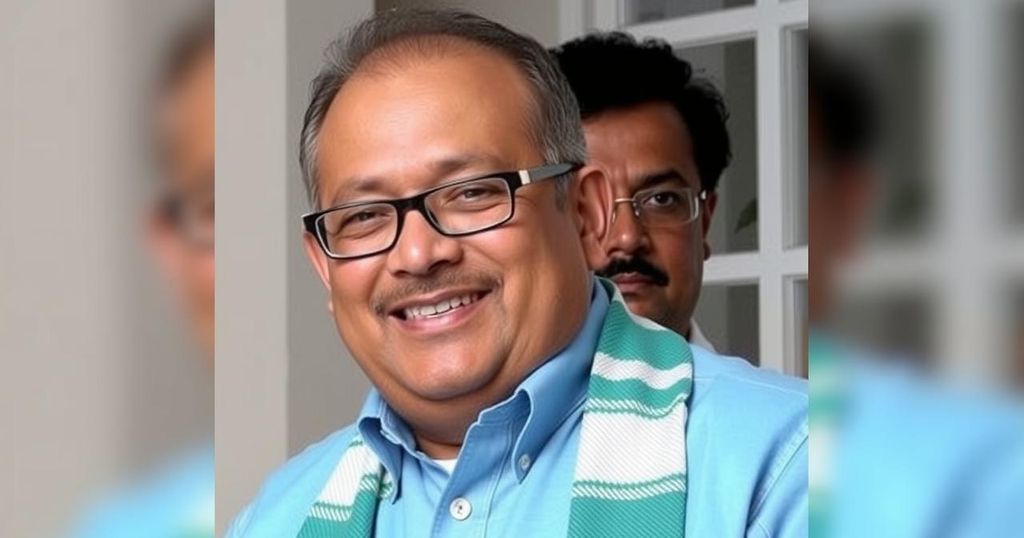The article discusses the need to reconsider the role of elections in democracy, particularly in light of the turmoil experienced during the 2024 global elections. It argues that electoral processes often lead to autocracies and societal unrest rather than true democratic engagement. The author suggests focusing on empowering citizens through alternative means of governance instead of solely relying on elections.
As we welcome the New Year, one might consider various resolutions such as relinquishing indulgences or committing to healthier habits. However, I propose a drastic yet necessary resolution: to renounce our reliance on elections. Historically intertwined with democracy, the two concepts have diverged significantly, particularly illustrated during 2024, a year marked by over seventy elections worldwide, yet characterized by diminishing democratic ideals and increasing autocracy.
Despite high expectations for transformative democracy, the 2024 elections were overshadowed by oppression, violence, and widespread disillusionment. A staggering half of the global populace, approximately four billion individuals, endured the political tumult in which elections morphed into mechanisms of suppression rather than empowerment. The irony lies in our relentless investment of time, hope, and financial resources into these events, against a backdrop of mistrust among citizens about the efficacy of elections to yield true representative governance.
Josh Lerner, co-executive director of People Powered, aptly notes, “Our obsession with elections is killing democracy.” Reports reveal that numerous elections were manipulated to ensure incumbents retained power through jailing and disqualifying opponents. Additionally, violence marred many electoral processes, with intimidation tactics permeating the democratic landscape. The implications of these findings are dire, as evidenced by assassination attempts and electoral manipulation that exacerbated political tensions and societal strife.
Yet, amid this bleak outlook, some advocates maintain optimism regarding the shifts in political power observed in countries such as India and South Africa. However, these instances often resulted in increased unrest, demonstrating that a mere change in leadership does not guarantee democratic health. Leonora Camner from Democracy Without Elections highlights that “Elections are fundamentally disempowering,” urging a reevaluation of our attachment to electoral processes.
Matt Leighninger, director at the National Civic League, offers actionable strategies for fostering genuine democratic engagement beyond traditional elections. His recommendations, including citizens assemblies, participatory budgeting, and enhanced civic engagement through community initiatives, emphasize a departure from the adversarial nature of elections.
Ultimately, we must acknowledge the shortcomings of the electoral system as it currently stands. To revitalize democracy, we must shift our focus from elections to fostering systems that empower citizens and encourage direct governance. If we can cultivate a diminished commitment to flawed electoral processes, we may strive towards a more inclusive and effective democratic experience that genuinely reflects the will and needs of the populace.
The topic discussed revolves around the disillusionment with electoral politics, particularly illustrated via the events of 2024, a pivotal year where numerous elections were held globally. The article critiques the effectiveness of these elections, suggesting that they have contributed more to autocracies and societal unrest than to the promotion of democracy. It challenges the conventional belief that elections are synonymous with democracy, highlighting the need for alternative methods of civic engagement that empower citizens directly.
In conclusion, the events of 2024 serve as a stark reminder that our fixation on electoral processes may hinder, rather than help, democratic ideals. Instead of investing in flawed electoral systems, we should advocate for innovative approaches that empower individuals and foster direct governance. Embracing a commitment to alternatives could ultimately restore faith in democratic engagement and ensure that every voice matters in our governance structures.
Original Source: www.vcstar.com






